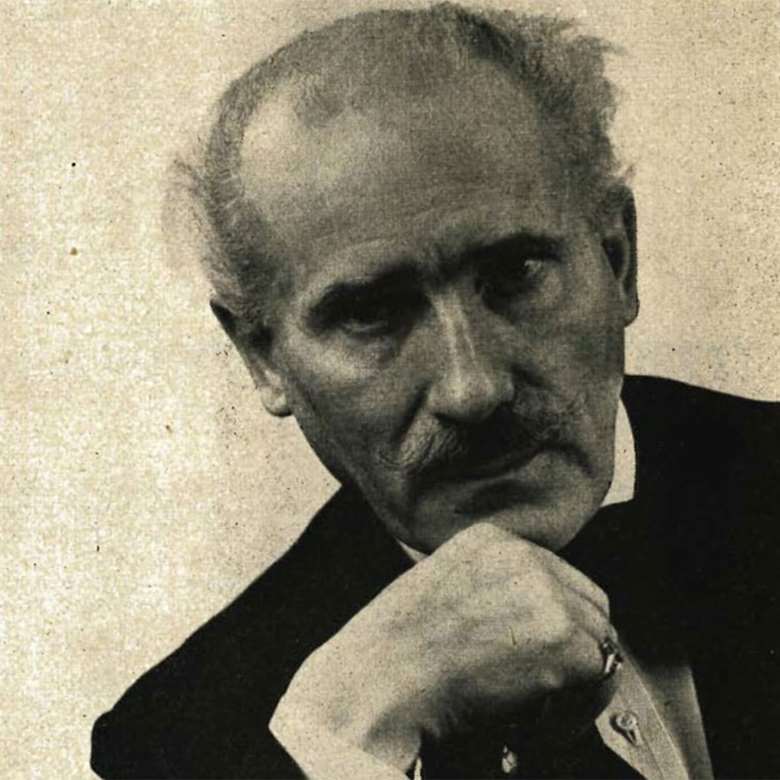Toscanini and opera
Gramophone
Tuesday, January 3, 2017
Shortly after the conductor's death, Spike Hughes reflected on his contribution to opera for Gramophone in February 1957

Register now to continue reading
Thanks for exploring the Gramophone website. Sign up for a free account today to enjoy the following benefits:
- Free access to 3 subscriber-only articles per month
- Unlimited access to our news, podcasts and awards pages
- Free weekly email newsletter








